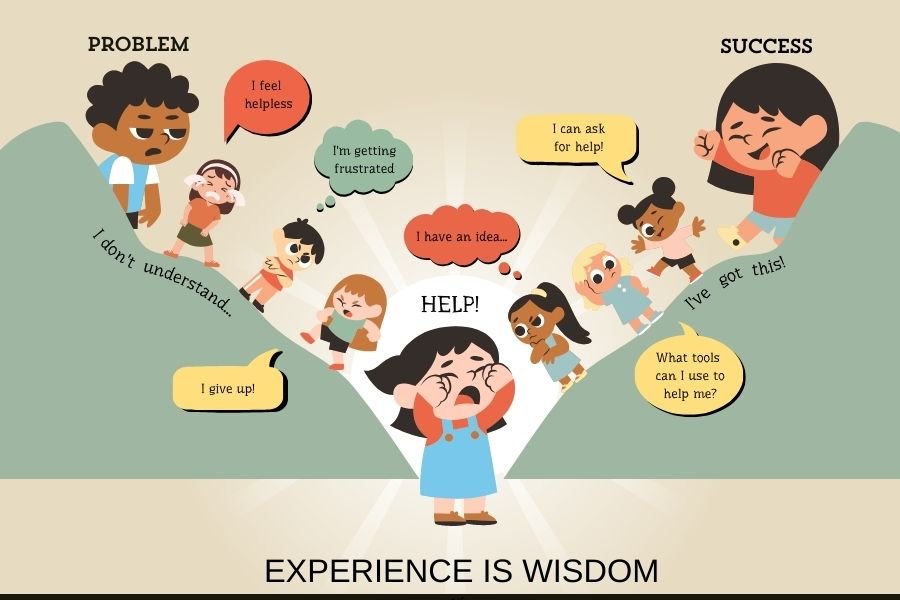Article By: Anshu Yadav
Hello, kids! Are you paying attention to what I’m saying? Before you eat, wash your hands! Stop chewing gum! Don’t swear! There are many good habits we may instill in our children, but what about values? What if you truly want children to understand that they can choose their behavior at any time? Values are ideas or areas of life that you hold dear. When we talk about value, we’re talking about things like honesty, punctuality, and being straightforward, as well as things like affection, respect for others, and compassion for those who are suffering. So, how can you instill this in a child in today’s capitalist world, when individuals are more concerned with personal gain than a caring community? The temperament of a kid is determined before birth, as we all know that certain children are easier to deal with, learn, and move around with. Now we must consider what values the kid is exposed to on a daily basis, from dawn to evening.
Model community involvement
Whether it’s participating in a school-wide cleaning campaign or donating hair to make wigs for cancer patients, your children need to see that you care about the broader community. Help them understand how the unseen labor of others benefits every one of us on a regular basis, and that the more blessings we receive, the more obligation we have to help others.
Be aware of what you are modeling
When the phone rings and we don’t want to answer it, we immediately instruct our child to inform the caller that we are not at home. As a result, a one-and-a-half-year-old can comprehend language. The kid will eventually comprehend that the father is present but not at ‘home’. The child develops the impression that lying is a normal value that I, too, can inculcate.
Not to discriminate
Another example that we frequently see in our household is when the family is present and they have leftover food from the day before. The grandmother walks in and instructs the mother to give the leftover food to our servant and to be careful not to let our child consume it. As a result, the child gets the impression that the old foodstuff was solely for our workers, while the new ones are for me. In this circumstance, we are inadvertently teaching the child that we must discriminate against those from the working class who live with us. We are imparting a whole new value system in our children, and the values that are instilled in them from birth are the ones that will define their future worth.
Be Human. Accept mistakes
We must remember that the only way to inculcate values in our children’s systems and make them more compassionate human beings is via role modeling. Let’s say a 2-year-old kid has to go to playschool, and the parents are taking the child by the car. If the parents are running late, they either grow anxious or begin blaming everyone else for their delay. Now that the kid has heard everything, he or she understands that if I AM LATE, it is not because I was late, but because there were so many other circumstances that caused me to be late. During this process, the kid learns that punctuality is an external factor that I do not need to instill from inside. Instead, if the parent has the ability to say something like, “Oh gosh, I got up late today, I should have realized that I need an hour and a half to get ready, if only I had woken up at 7 o’clock, I could have made it to school on time.” If a kid is exposed to this type of information, he or she will realize that punctuality is crucial, but that maintaining punctuality requires a certain level of discipline.
As a result, we will always need a discipline that is underpinned by values. It is tough to instill values after seven or eight years of age unless they are inculcated before then because a person’s personality and day-to-day behavior are well-established by then. Seven years of age determines a person’s judgmental value in terms of morality, whether it is wrong or right, or if it is punished conduct or not. That is why, even when our children are as young as two or three years old, when they begin to observe their parents, we must be extremely cautious in fostering positive values in them.















